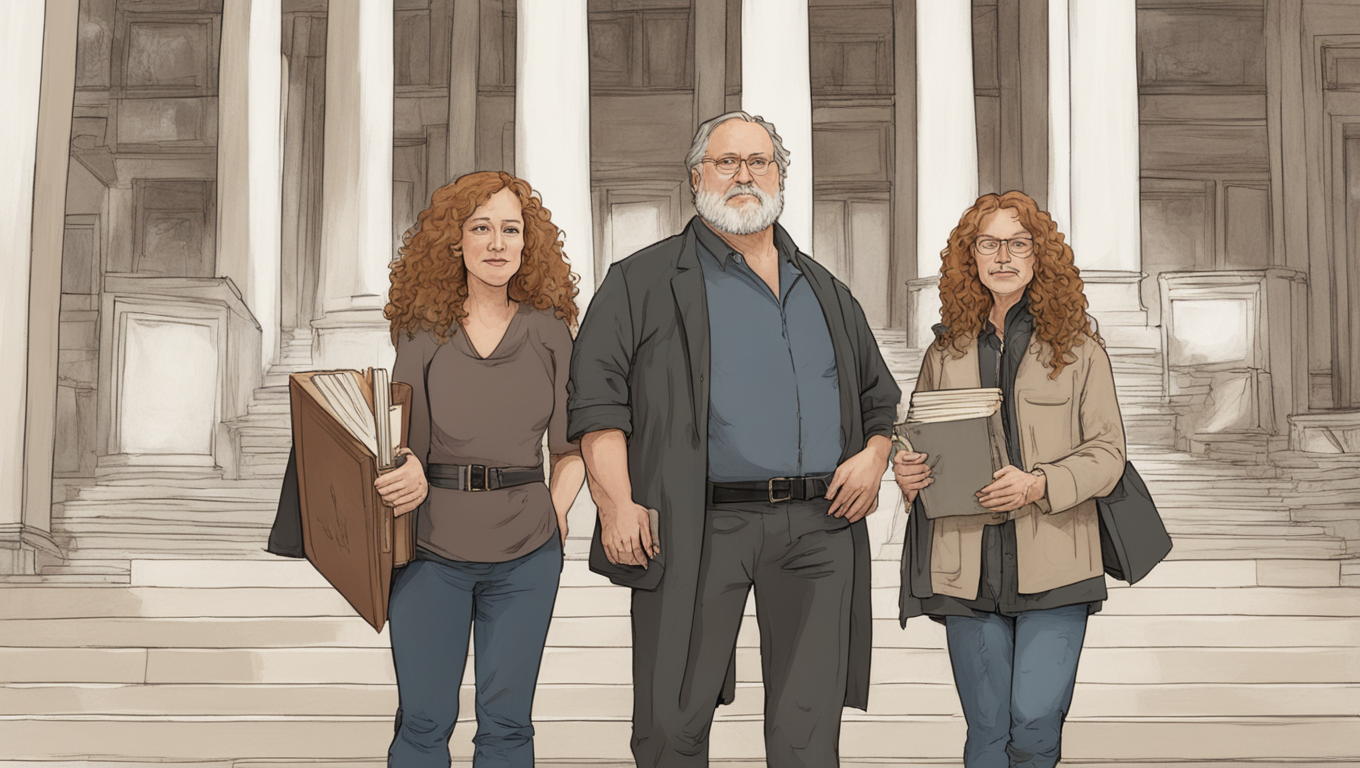John Grisham, Jodi Picoult, and George RR Martin, esteemed authors known for their captivating works, have found themselves at the center of a lawsuit against OpenAI, a prominent artificial intelligence (AI) organization. This legal action is part of a growing trend among writers who are concerned about the unauthorized use of their copyrighted materials by AI programs. In their complaint, filed in federal court in New York, the authors accused OpenAI’s ChatGPT program of engaging in “systematic theft on a mass scale” and violating their registered copyrights.
The lawsuit, organized by the renowned Authors Guild, draws attention to the ChatGPT program, which has been described as a “massive commercial enterprise.” The authors argue that OpenAI’s reliance on “systematic theft on a mass scale” undermines the value of their creative works. Mary Rasenberger, the CEO of the Authors Guild, emphasized the importance of addressing this issue swiftly, stating, “It is imperative that we stop this theft in its tracks or we will destroy our incredible literary culture, which feeds many other creative industries in the US.”
Interestingly, the lawsuit presents specific examples of alleged infringements: ChatGPT’s generation of “an infringing, unauthorized, and detailed outline for a prequel” to George RR Martin’s renowned A Song of Ice and Fire series, titled A Dawn of Direwolves. The authors' claims highlight the need for authors to control how their works are used by generative AI systems. OpenAI, on the other hand, has yet to respond to requests for comment regarding the lawsuit.
This lawsuit is not the only legal battle OpenAI is currently facing. In San Francisco, Michael Chabon and David Henry Hwang, among others, have also sued the organization for “clear infringement of intellectual property.” OpenAI previously sought the dismissal of two similar lawsuits, one involving comedian Sarah Silverman and the other with author Paul Tremblay. OpenAI argued that these claims failed to understand the scope of copyright and ignored the exceptions, such as fair use, which allows room for innovation in the realm of artificial intelligence.
The objections raised by authors regarding the use of AI have had a significant impact on Amazon.com, the largest book retailer in the country. Amazon has revised its policies on e-books in response to these concerns, now requiring authors who include AI-generated material in their works to notify the company in advance. Additionally, Amazon is limiting authors to publishing only three new self-published books per day through its Kindle Direct Program, all in an effort to curb the influx of AI-generated texts.
This lawsuit and the broader debate surrounding AI’s use and potential impact on creative works highlight the delicate balance between innovation and the protection of artistic integrity. The outcome of these legal battles will undoubtedly shape the future of AI’s role in the literary world, emphasizing the need to establish clear guidelines and safeguards to ensure the preservation of our vibrant literary culture.





Use the share button below if you liked it.